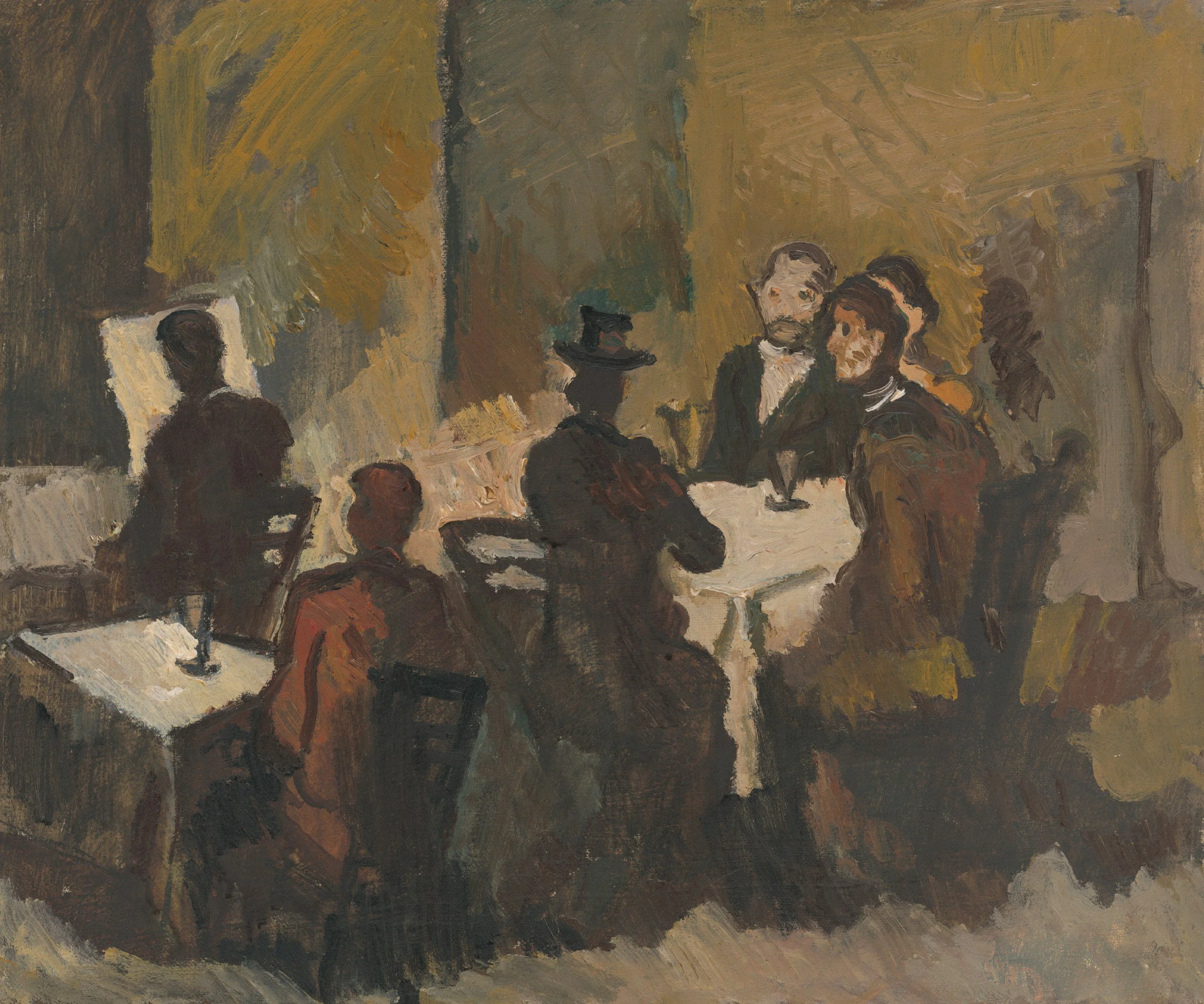Do Table Manners Actually Matter?
A child bangs her knife and fork on the table. Someone’s scrolling on his phone between bites. A sibling slouches, groans, and mutters something about the food being “meh.”
Sound familiar?
While the idea of proper table manners might feel old-fashioned, irrelevant, or even elitist to some, the truth is far more human, and far more empowering. At June Dally-Watkins, we’ve spent over 75 years proving it.
Because here’s the truth:
Manners at the table are never just about the table. They’re about self-respect. Presence. Confidence.
And they begin with one simple belief: How we show up matters.
A Brief History
In a fascinating discussion led by social researcher Dr Rebecca Huntley and food historian Professor Barbara Santich, it was discovered that table manners have always been about more than just cutlery.
In medieval Europe, there were no forks - diners used the point of their knives or their fingers. Yet even then, how you behaved at the table signalled your character. Diners were expected to wipe their shared cups, avoid making mess, and show respect to the host.
By the 19th century, dining became more elaborate. Not because people loved fish forks, but because manners were used to signal self-discipline, refinement, and social values.
Today, the table has changed. Our settings are simpler, our meals more casual.
But as Dr Huntley says,
“The fundamentals of table etiquette remain the same:
respect, awareness, and sociability.”
Table Manners Builds More Than Etiquette
At June Dally-Watkins, we teach dining etiquette - not for formality’s sake, but for something far more meaningful:
Confidence - Knowing what to do at a formal dinner or casual lunch removes anxiety and builds assurance.
Self-Worth - Teaching children and teenagers to sit tall, engage in conversation, and show gratitude reinforces beliefs like “I belong here.”
Respect - For the meal, the host, and fellow diners. This is where emotional intelligence begins.
Social Skills - Eye contact, conversation starters, and navigating shared spaces are critical life tools at any age.
And here’s the beautiful part: These skills are universal. They matter whether you’re five or fifty. Whether it’s a job interview lunch or family dinner. Whether you’re wearing heels, sneakers, or school shoes.
How To Reinforce This Today
Whether you're raising a family, teaching a classroom, or leading a team, bringing back a moment of presence at the table can be a radical act of care.
Make the table a tech-free zone
Teach children how to set the table, serve others, and say thank you
Talk about the value of manners as self-respect, not rules for rules’ sake
Celebrate the table as a space for connection, not perfection
It doesn’t matter if the meal is Michelin starred, or mac and cheese. What matters is that we show up with presence, with pride, and with respect. We’re not trying to turn young people into posh perfectionists. We’re simply giving them tools to walk into any room, sit at any table, and feel proud of who they are, wherever they are, whether it’s a high tea, BBQ, a family meal, or a corporate lunch.
In a time where “everything goes,” table manners remind us that some things are still worth preserving - not for tradition’s sake, but because they shape us into kinder, more observant, and confident human beings.
At June Dally-Watkins, we’ll always believe this:


